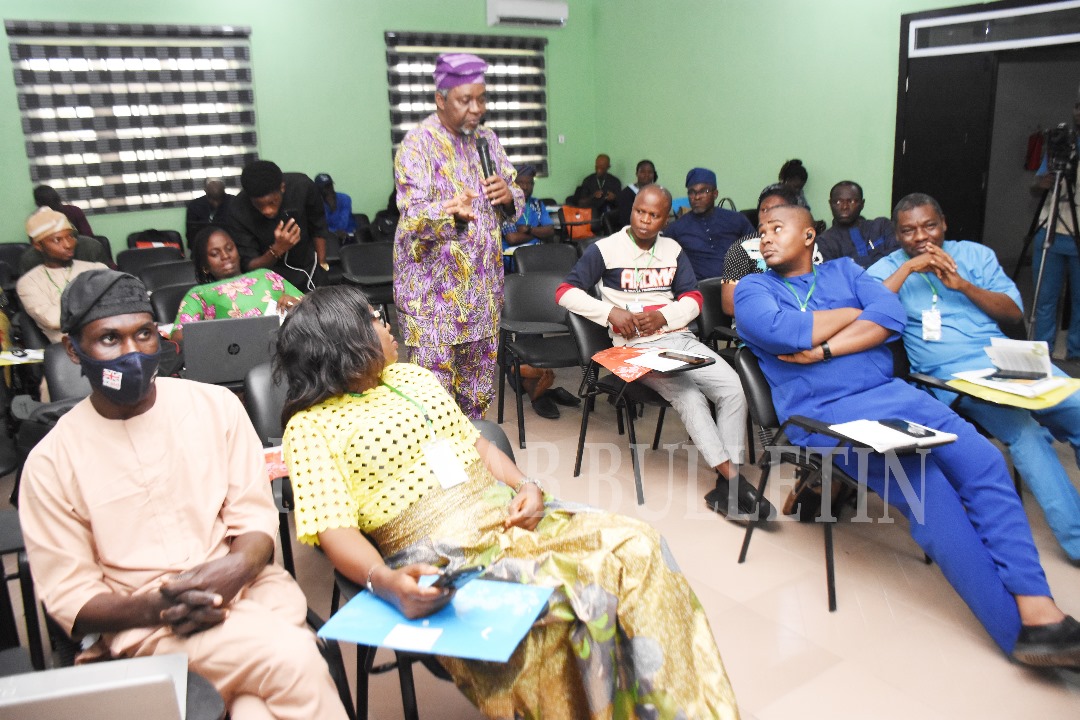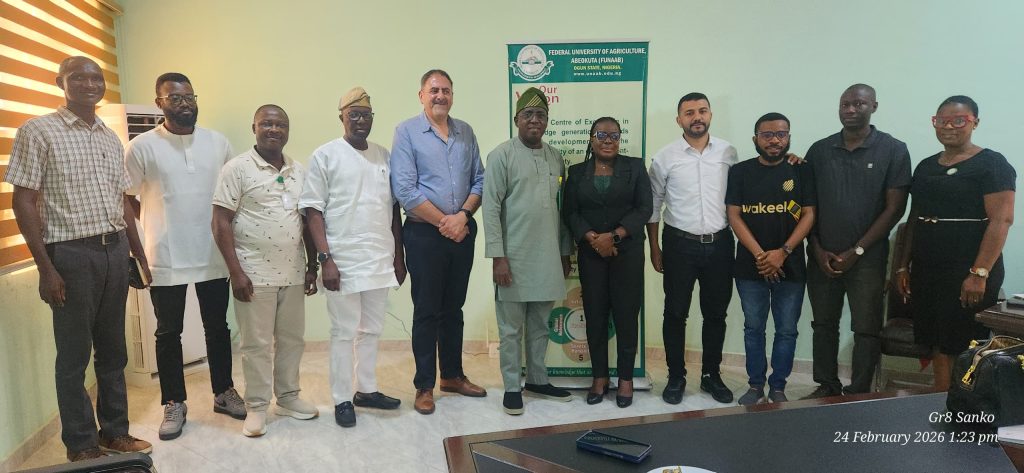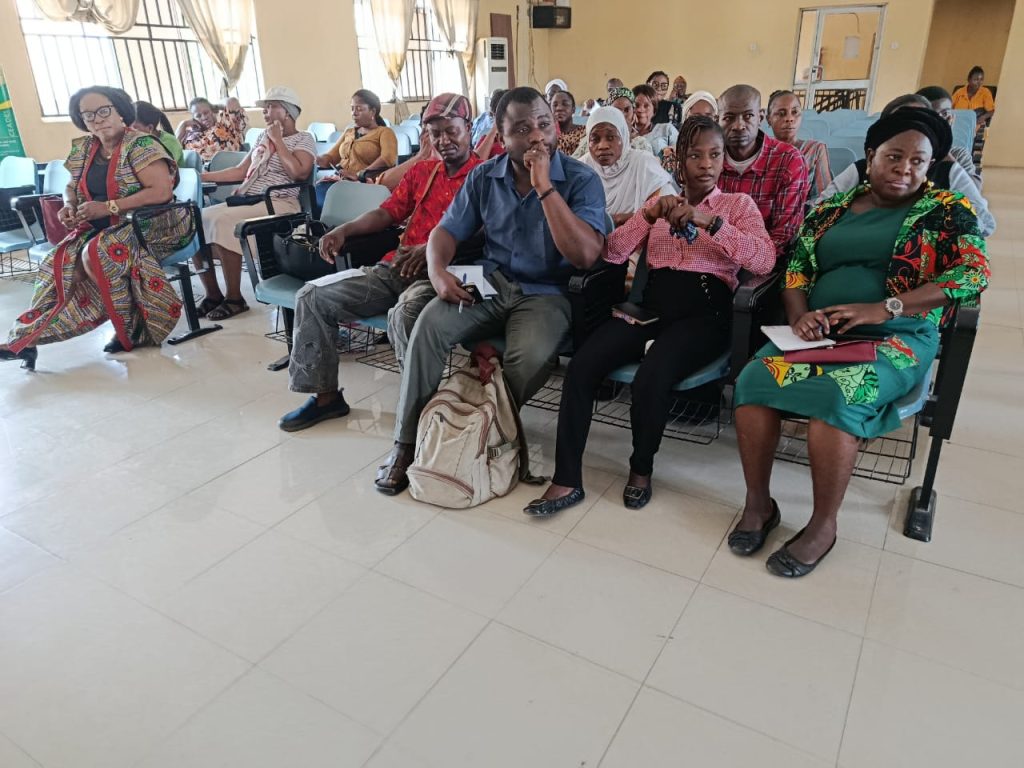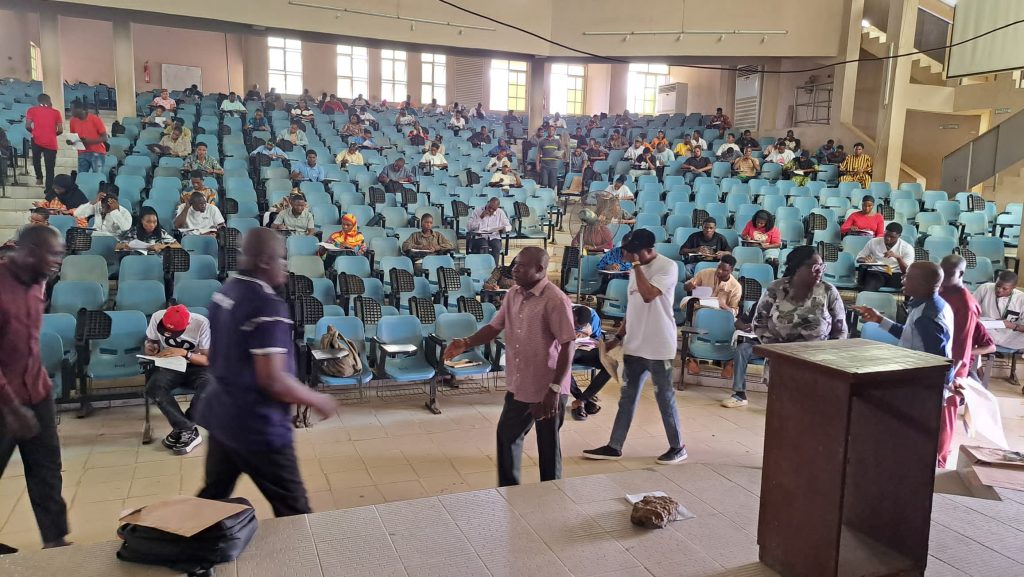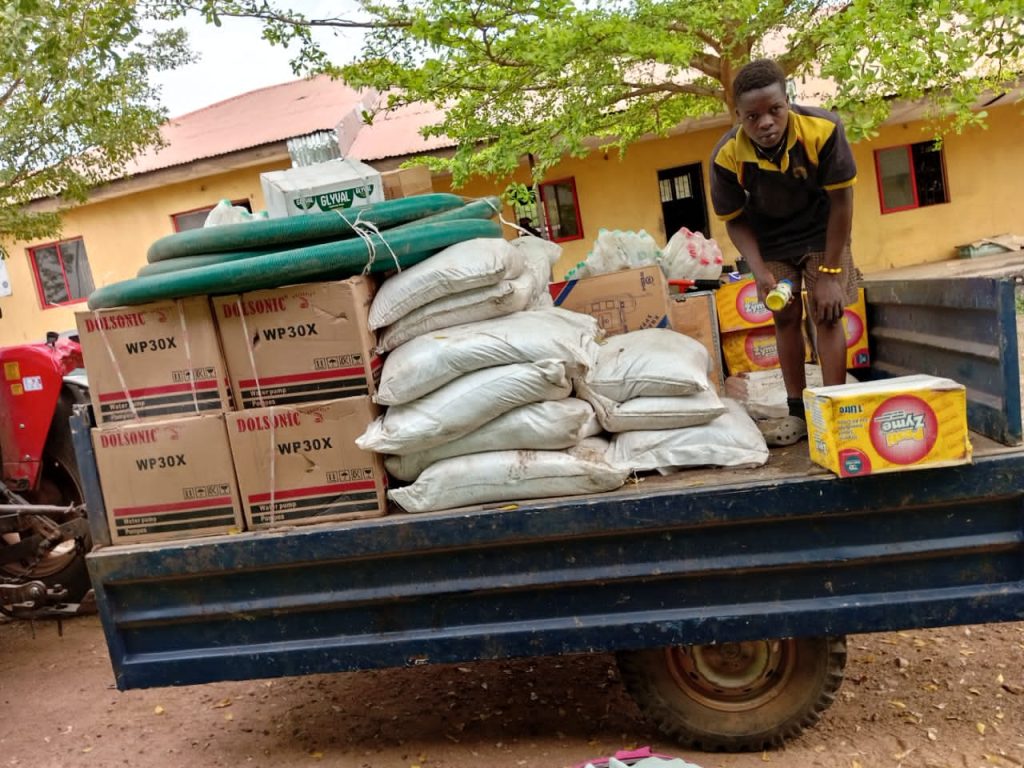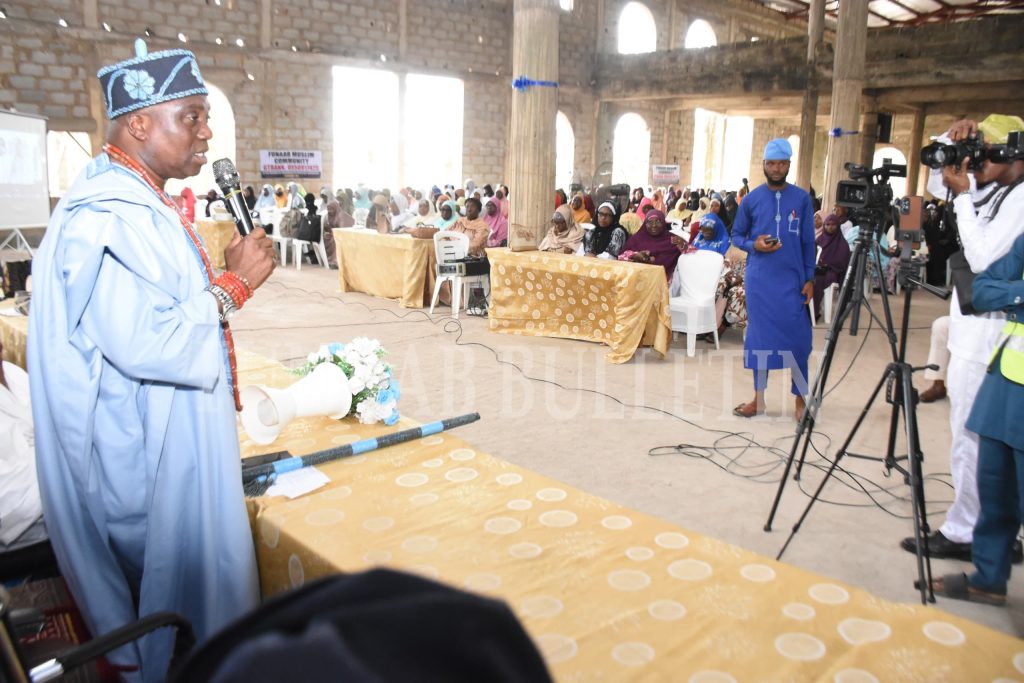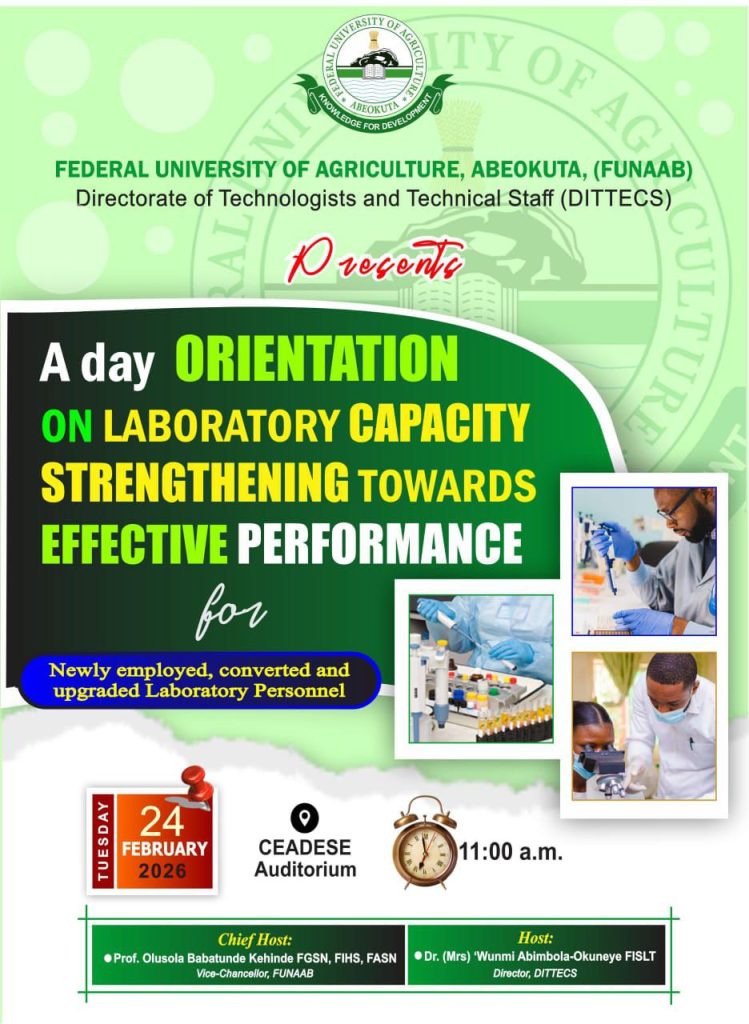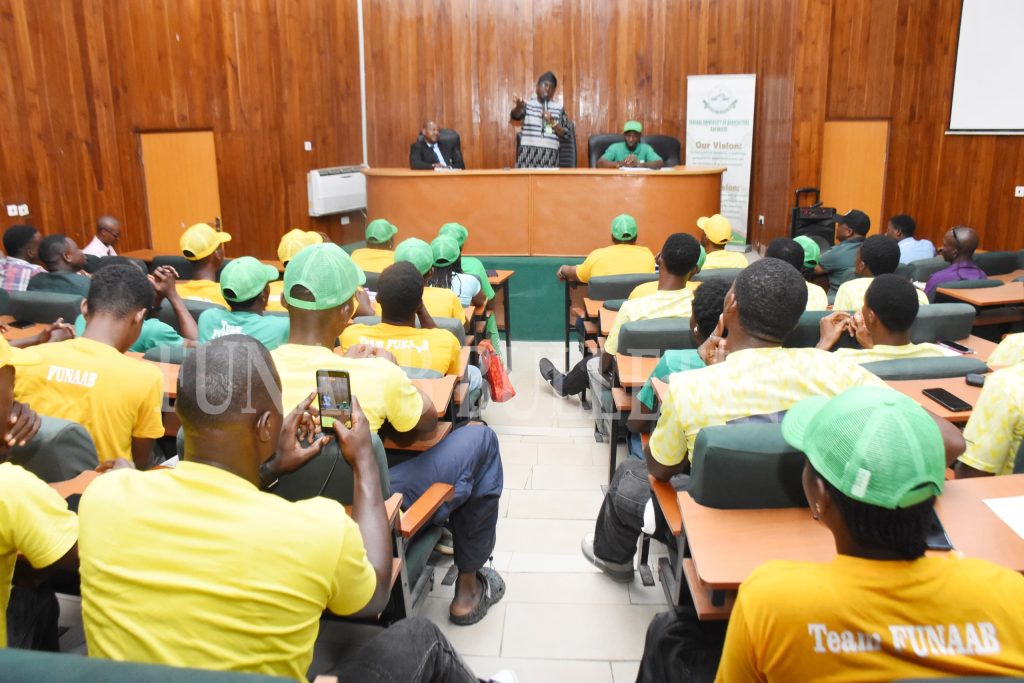Last Updated on July 21, 2025 by Olasunkanmi Olajide
By Olaoye Oyewole & Patrick Erinoso
In a major step towards transforming rural agriculture, the DIGISOL Project of the Federal University of Agriculture, Abeokuta (FUNAAB), on July 18, 2025, hosted a One-Day Policy Validation Workshop for Communication and Digital Services for Rural Farming Communities. The workshop brought together stakeholders from across the agricultural value chain to discuss inclusive digital innovations that could empower smallholder farmers.
Speaking at the event, the Vice-Chancellor, Prof. Babatunde Kehinde, represented by Prof. Lawrence Egbeyale, Head of the Department of Animal Product⅝ion and Health (APH), noted that digital agriculture was the future, and farmers in remote areas should not be left behind in this crucial shift from analogue to digital systems.
The Vice-Chancellor commended the European Union for supporting global digital solutions, particularly in agriculture. He stressed that with the aid of appropriate communication tools and devices, rural farmers can enjoy the benefits of precision farming, real-time market access, digital financial services, and climate-smart advisory.
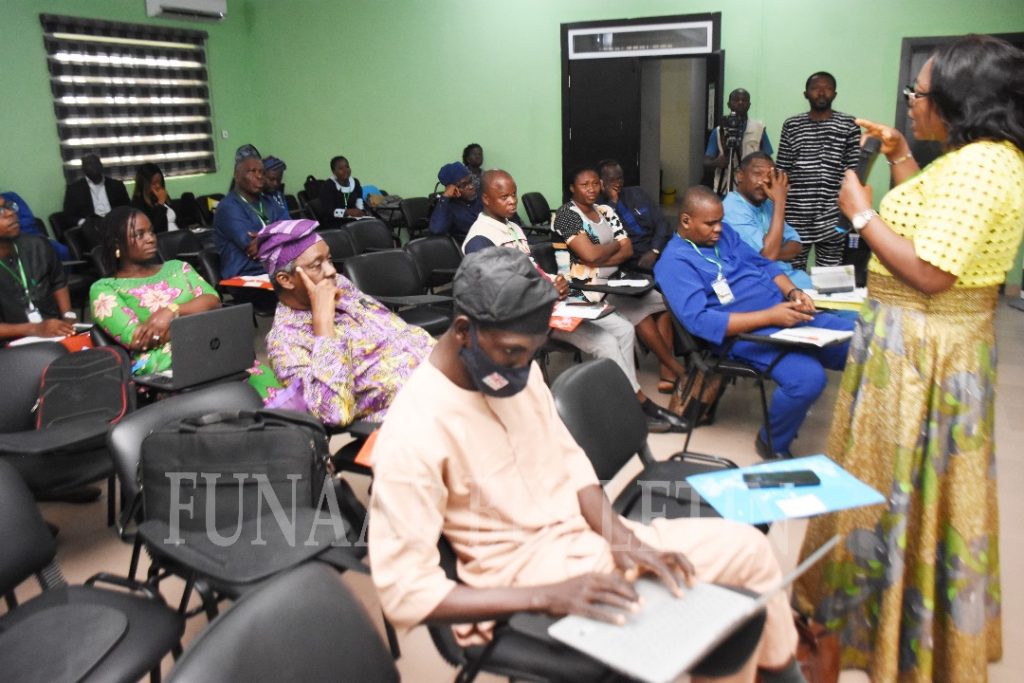
Earlier, in his Welcome Address, the Zonal Coordinator of the DIGISOL Project, Prof. Adewale Dipeolu of FUNAAB, described the workshop as a landmark event aimed at validating existing policies and developing a practical and sustainable roadmap to enhance digital access for farmers. He affirmed that no farmer should be excluded from the digital revolution transforming agriculture.
In his opening remarks, the Project Team Lead, Mr. Addy Nayo, highlighted the central role of telecom providers and regulatory bodies in expanding access to underserved communities. He pointed out that limited infrastructure and weak policy implementation remain major bottlenecks to widespread digital inclusion. He, therefore, called on telecommunications regulatory agencies to support initiatives that improve connectivity in rural areas.
Presenting virtually, the Lead Discussant and immediate past Deputy Vice-Chancellor (Development), FUNAAB, Prof. Kola Adebayo, provided insights into “Communication and Digital Services in Rural Farming Communities in Ogun State.” He stressed the need for continuous validation, quality assurance, and strengthened agricultural extension services to improve farmers’ access to and understanding of digital tools.
Other notable presentations were delivered by key stakeholders like Mrs. Olatundun Adekunte, representing the Special Adviser on Information and Communication Technology, Ogun State, who spoke on “Digitalisation and Its Implications for Smallholder Farmers,” emphasising inclusive and sustainable strategies to improve livelihoods and achieve food security.
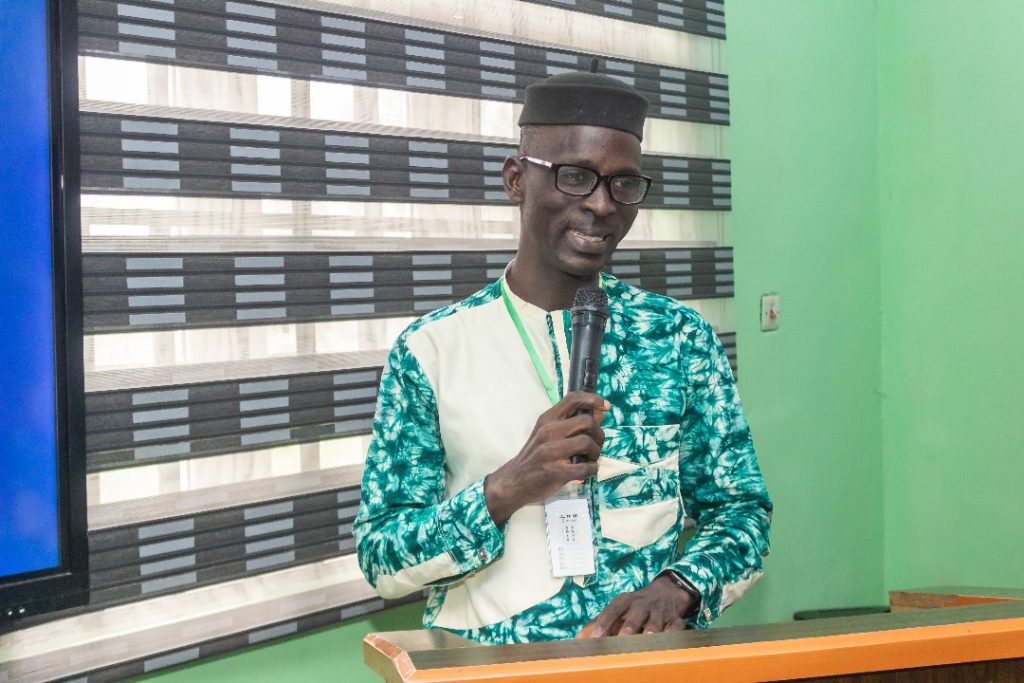
Engr. (Dr.) Emmanuel Amadi, Telecom Expert and DIGISOL Policy Consultant from the Federal University of Technology, Owerri (FUTO), presented findings on “Policy Pathways for Inclusive Digital Agriculture: Insights from Imo, Ogun, and Kwara.” He called for the development of state-level digital agriculture policies, the establishment of Digital Inclusion Taskforces, and the training of agricultural extension agents.
Mrs. Opeyemi Ogunseye highlighted a study on Akilimo advisory services, revealing that users of the digital tool demonstrated significantly higher technical efficiency, influenced by factors such as age, education, and awareness.
Mr. Suraj Fasola, who represented the Permanent Secretary (PS), Ministry of Agriculture, Ogun State, Mrs. Kehinde Jokotoye, delivered a paper titled “Bridging the Digital Divide in Agriculture.” The PS underlined the importance of digital inclusion as a catalyst for achieving Sustainable Development Goals, including SDG2 (Zero Hunger), SDG8 (Decent Work and Economic Growth), and SDG9 (Industry, Innovation, and Infrastructure).
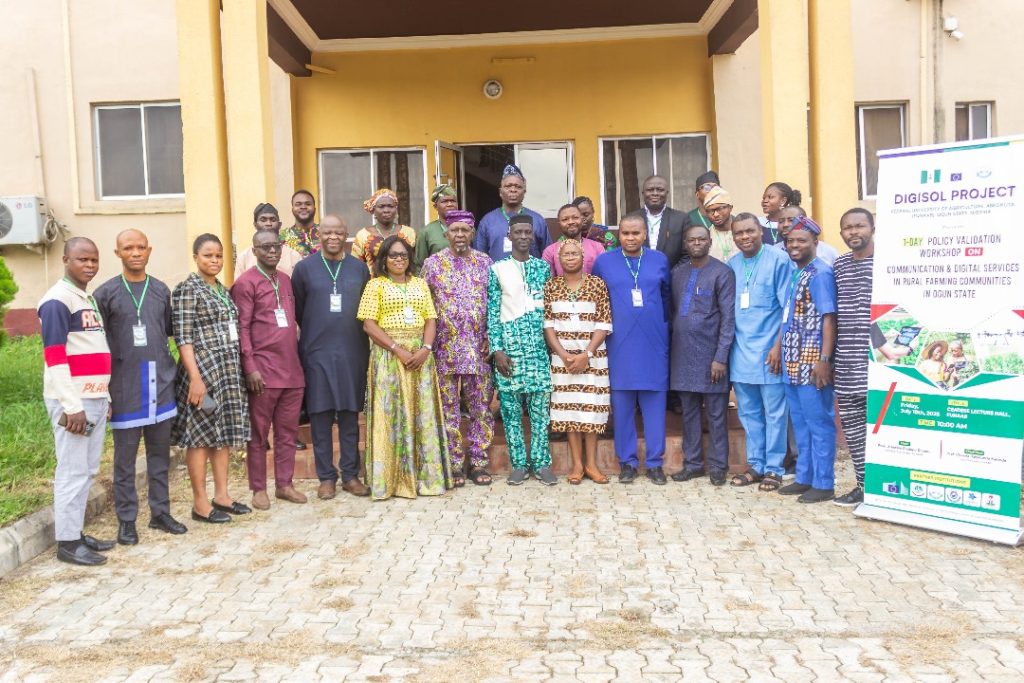
The workshop drew active participation from the other partner institutions in the DIGISOL Project – the University of Agriculture and Environmental Sciences, Imo State (lead partner), and Al-Hikma Univerity, Kwara State, telecom companies, farmer groups, NGOs, academics, and Civil Society Organisations, all united in a shared vision: ensuring that every farmer, regardless of location, has access to the tools and knowledge needed to thrive in a digital agricultural ecosystem.
With growing momentum, the DIGISOL Project is poised to play a pivotal role in repositioning Nigerian agriculture for resilience, inclusivity, and sustainability in the digital era.

